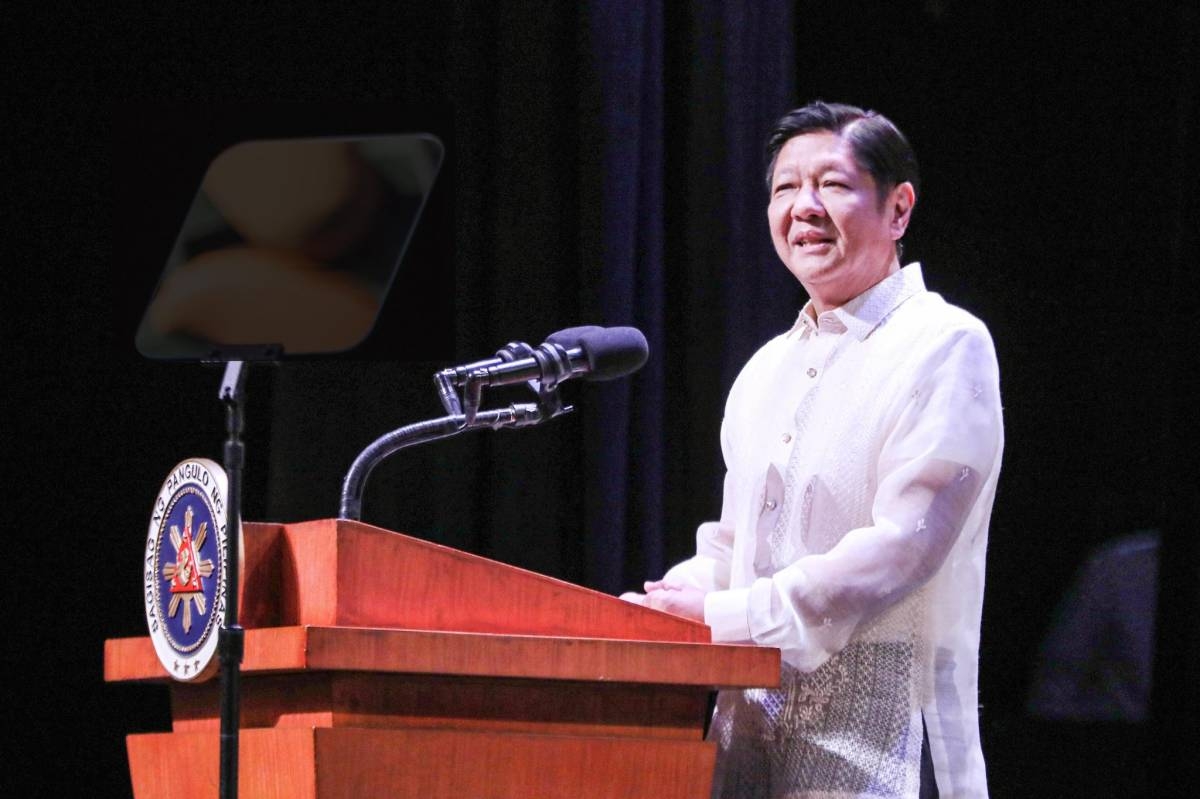President Ferdinand Marcos Jr. has once again made it clear that the Philippine government will not cooperate with any human rights violation probe conducted by the International Criminal Court (ICC) in the country. This statement comes in response to the findings of a survey conducted by OCTA Research, which revealed that 55 percent of Filipinos were in favor of cooperating with the ICC’s investigation into alleged abuses committed during former president Rodrigo Duterte’s drug war.
In explaining his stance, Marcos expressed concerns about the issue of jurisdiction and sovereignty, stating that he has yet to see a satisfactory answer to these questions. He emphasized that until such answers are provided, he does not recognize the ICC’s jurisdiction in the Philippines. According to Marcos, this conclusion seems to be the only logical one in this situation.
The Philippines officially withdrew from the Rome Statute in March 2019, following Duterte’s order, as a response to what was perceived as the ICC’s interference in the country’s internal affairs. Marcos reiterated that the issue at hand is not about the evidence presented, but rather about the ICC’s jurisdiction in the Philippines. He emphasized that the ICC can produce as much evidence as they want, but they cannot take action on it within the Philippines.
Despite the government’s non-cooperation with the ICC probe, Marcos clarified that the Philippines remains open to ICC representatives, as long as they visit as ordinary people and not as investigators. This statement highlights the country’s commitment to maintaining diplomatic relations while upholding its stance on jurisdiction.
To reinforce this position, Marcos has previously instructed national agencies and their heads not to entertain any inquiries from the ICC. This directive serves as a clear message that the government will not participate in any proceedings related to the ICC’s investigation.
The decision to not cooperate with the ICC’s human rights violation probe is rooted in the Philippines’ desire to protect its sovereignty and maintain control over its internal affairs. The government believes that addressing any alleged abuses should be handled within the country’s legal system. By refusing to recognize the jurisdiction of the ICC in this matter, the Philippines aims to assert its independence and assert that it is responsible for addressing any human rights concerns domestically.
While opinions may vary on the government’s decision, it is important to understand the context in which it is made. The Philippines, like any other sovereign nation, has the right to determine how it handles internal matters and how it engages with international organizations. The government’s stance should be seen as a reflection of its commitment to protecting its national interests and upholding its sovereignty.
In conclusion, President Ferdinand Marcos Jr. has reaffirmed the Philippines’ non-cooperation with the ICC’s human rights violation probe. The government’s decision is based on concerns about jurisdiction and sovereignty, as well as a desire to address any alleged abuses within the country’s legal system. While the Philippines remains open to ICC representatives, it is clear that any investigation conducted by the ICC will not be recognized or acted upon within the country.







